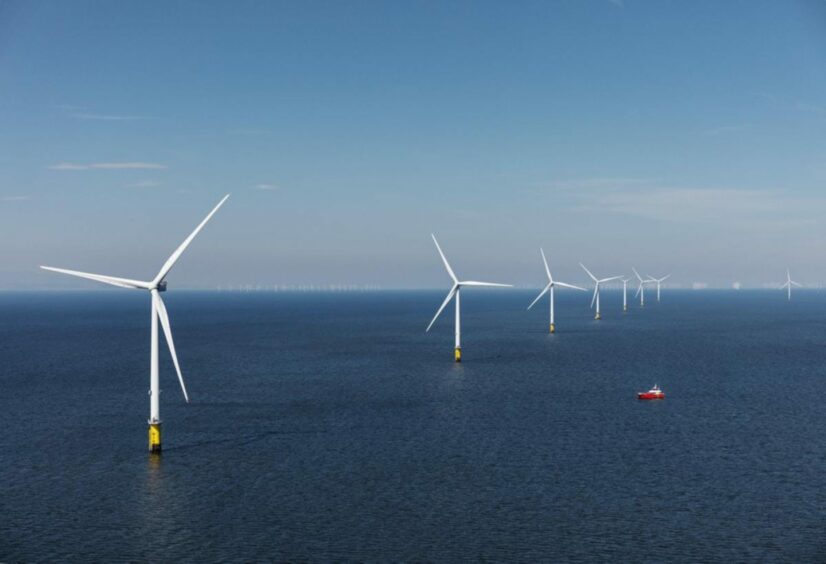
The government has given Ørsted (CPH:ORSTED) the green light to develop its proposed 2.6GW Hornsea Four project off the Yorkshire coast.
In an update on Wednesday the UK Planning Inspectorate confirmed that the scheme had received sign off from Secretary of State for Energy Security and Net Zero Grant Shapps, after it passed on its findings earlier this year.
The decision comes despite the findings of the Examining Authority which advised the government to “withhold consent.”
It marks the end of a nearly two-year consultation process on the scheme, the application for which was first submitted in September 2021.
The 2.6GW project is the second-largest wind scheme to be given government consent, after the 2.8GW Hornsea Three project currently under development.
Up to 180 turbines will be placed across an area of up to 190 square miles, sitting around 40 miles off the Yorkshire coast at their nearest point.
The Danish developer acquired the rights the rights to develop the Hornsea zone in August 2015 from SMart Wind Ltd, who were originally awarded the zone in The Crown Estate Round 3 bid process.
The 1.2GW Hornsea One and 1.3GW Hornsea Two are already in operation.
Ørsted said the ruling marked “the culmination of a rigorous process which ensures that the project can deliver a significant source of clean energy for the UK.
“Hornsea 4 is the first ever offshore wind farm to be examined alongside a derogation case including environmental compensation.
“We are now reviewing the full detail of the Development Consent Order and will continue to work closely with stakeholders and local communities as we look to take Hornsea 4 forward sensitively and sustainably,” a spokesperson said.
The green light also follows the end of a longstanding dispute between Ørsted and BP over seabed access across the development area, where the oil and gas giant also intends to develop carbon storage.
Despite the planning approval, the future of Hornsea Four is far from certain, with Ørsted already indicating it is reviewing the impact of the current tax scheme on Hornsea Three and its wider operations.
A particular sore point is the current capital expenditure regime, which allows firms to write off certain spend against tax, the structure of which may put the £8bn development at risk.
According to reports by the Times earlier this year, sharp rises in construction and financing mean the scheme is no longer viable on the terms agreed with the government last summer.
Recommended for you
